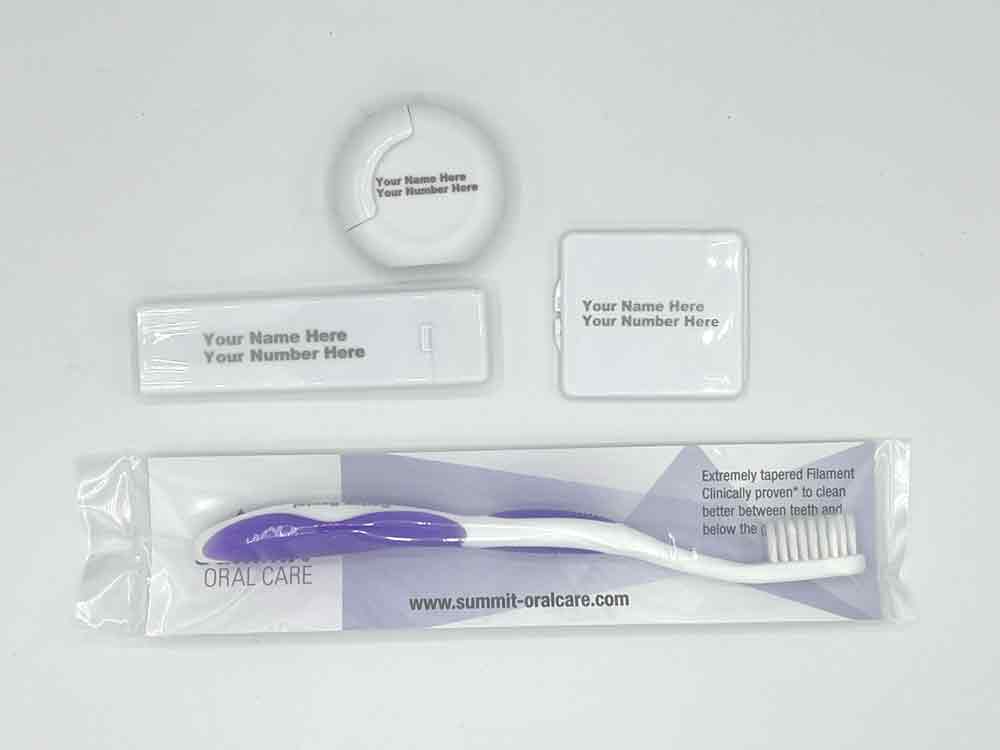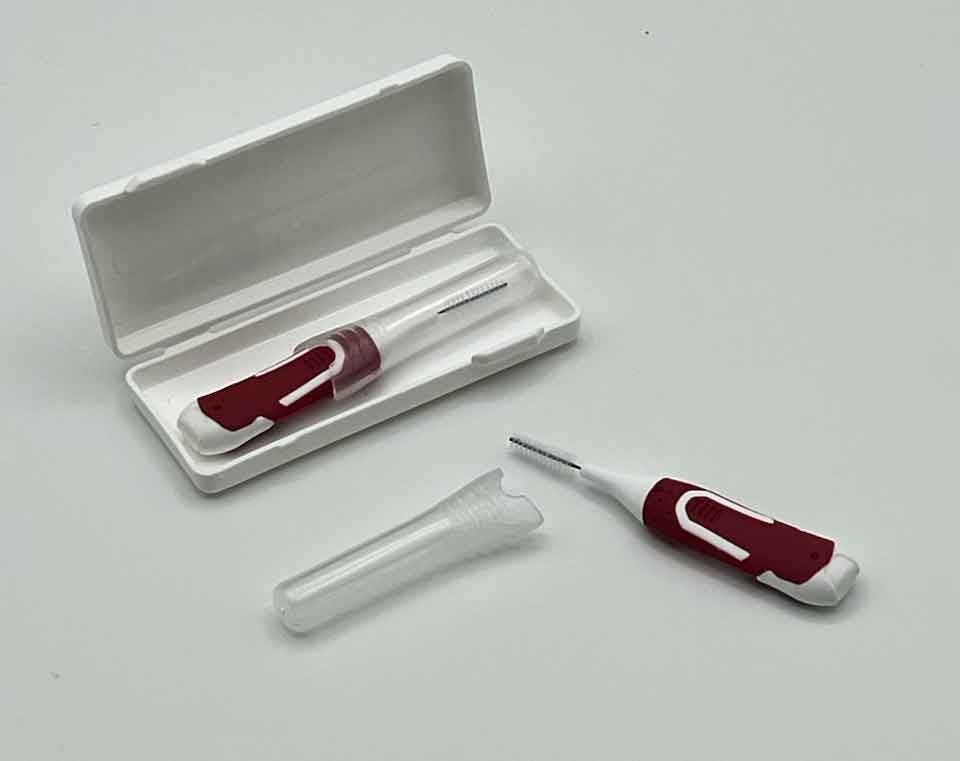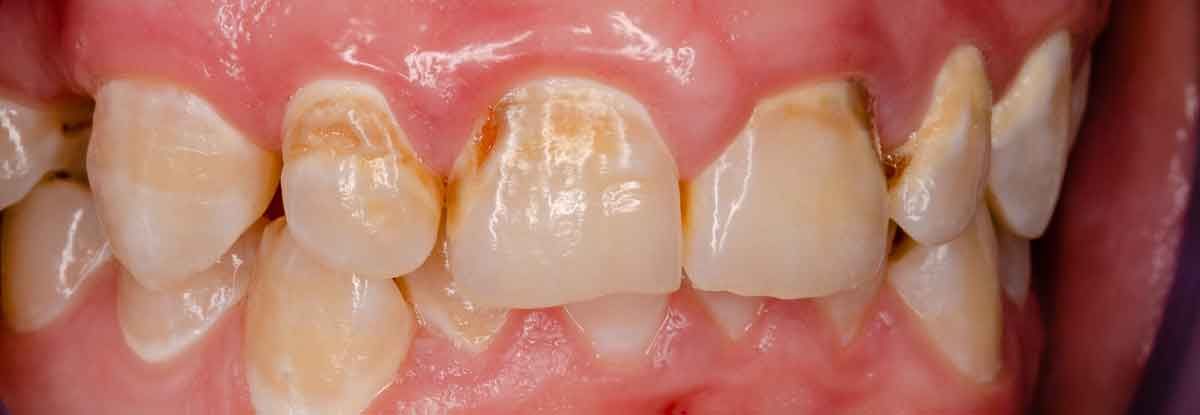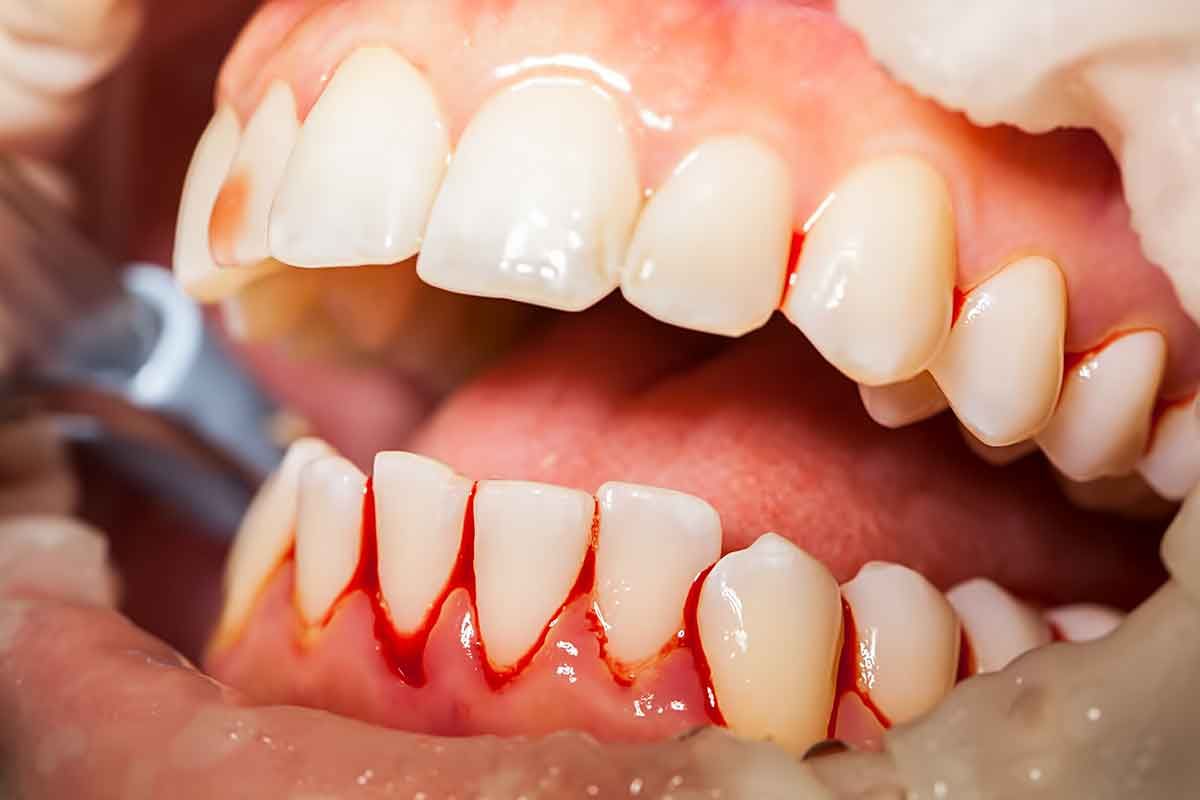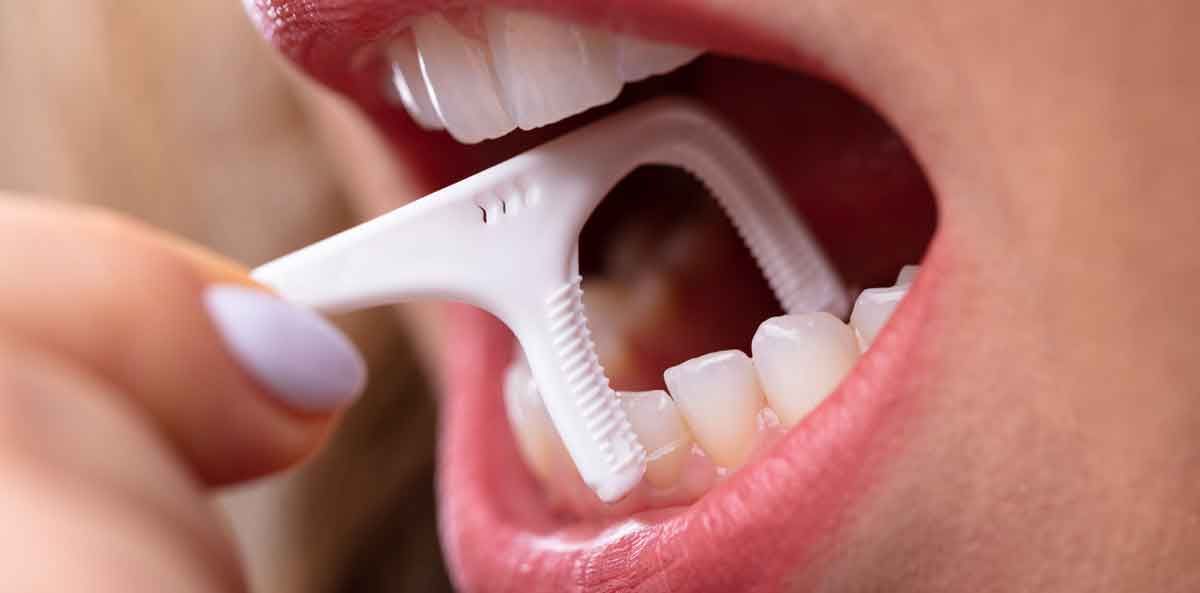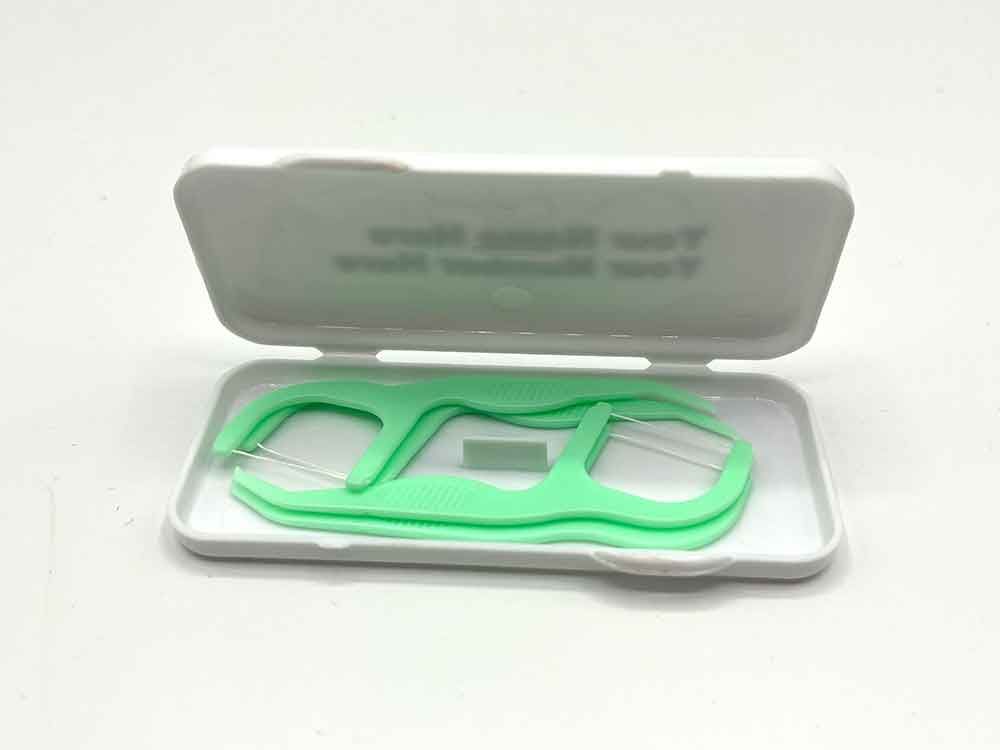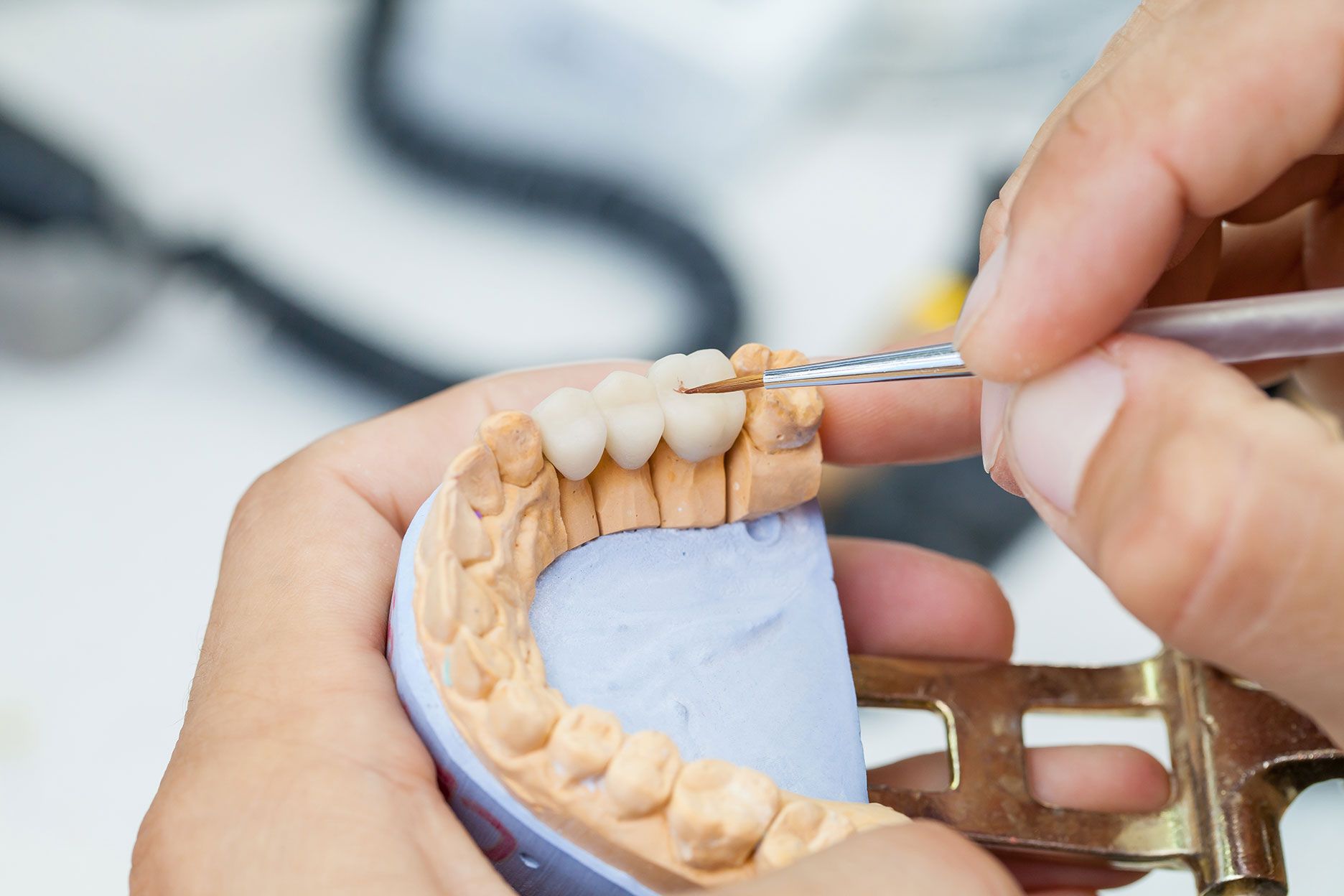The Hard Truth About Child Cavities That Dental Professionals Should Know
One of the many responsibilities dental professionals have is to promote good oral health practices to their patients. Part of that responsibility is making sure that children are aware of the importance of brushing and flossing every day. It may come as a surprise to many, but a significant percentage of kids are suffering from untreated cavities. This occurrence can lead to a multitude of health problems that could be prevented if detected early. In this blog, we will explore the devastating stats of untreated cavities in children and the consequences they present.
Children Aged 2 to 5 with Untreated Cavities
According to a survey conducted by the National Institute of Dental and Craniofacial Research, over 10% of children aged 2 to 5 in the United States have untreated cavities. The same survey also indicates that over 40 percent of kids aged 2 to 11 have cavities in their baby teeth. The reason for this is often due to parents not promoting good oral health habits from a young age, coupled with not taking them to see a dentist regularly. Dental professionals can educate parents on the importance of brushing twice a day, flossing, and regular dental checkups.
Cavity Prevalence by Age 34
The stats are shocking; more than 80% of people will have had at least one cavity by age 34. That statistic shows just how prevalent and rampant tooth decay is across the nation. Early-onset oral treatment and prevention are crucial in ensuring that children maintain great oral health from an early age, limiting the number of cavities they will have throughout their life. In conjunction with maintaining oral health, it is essential that parents are aware of the dietary factors that lead to tooth decay.
Lost School Hours as a Result of Dental Emergencies
If parents fail to educate their children on good oral health practices and regular dental checkups, it can lead to school absences. On average, over 34 million school hours are lost each year in the United States as a result of dental emergencies requiring unplanned care. Dental professionals play a crucial role in ensuring that parents and children understand that prevention is better than a cure. The prevention of cavities means less absenteeism, better overall health and well-being, and higher academic performance.
Oral Health can Impact Overall Health
The overall importance of dental health often goes unnoticed by many. Failure to address dental health can lead to a plethora of health complications, including cardiovascular disease, diabetes, and even pneumonia. It is paramount that dental professionals work to educate patients on the dangers of poor oral hygiene as a way of preventing complications and improving overall patient health.
Proper Hygiene and the Benefits
While regular dental hygiene practices may undoubtedly be beneficial, dental professionals should also educate patients on the physical and mental wellbeing that comes with having a healthy mouth. When patients' teeth are healthy, they are more confident in their smile and social interactions. Proper hygiene practices can potentially improve a person's self-esteem and overall mood.
Dental professionals play a crucial role in educating parents and their children about the importance of regular dental checkups, proper hygiene practices, and the potential consequences of neglected oral hygiene. If more parents are educated about the dangers of cavities, tooth decay, and the impact they can have on their children's health, we can start reversing the staggering statistics of untreated cavities in children. By promoting good oral hygiene practices amongst parents and their children, we can improve their overall health, academic performance, and set them up for a lifetime of great dental health habits.



